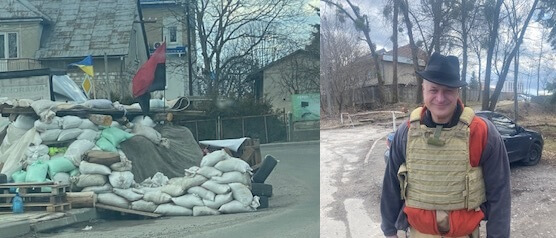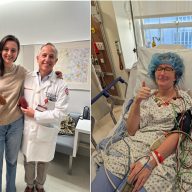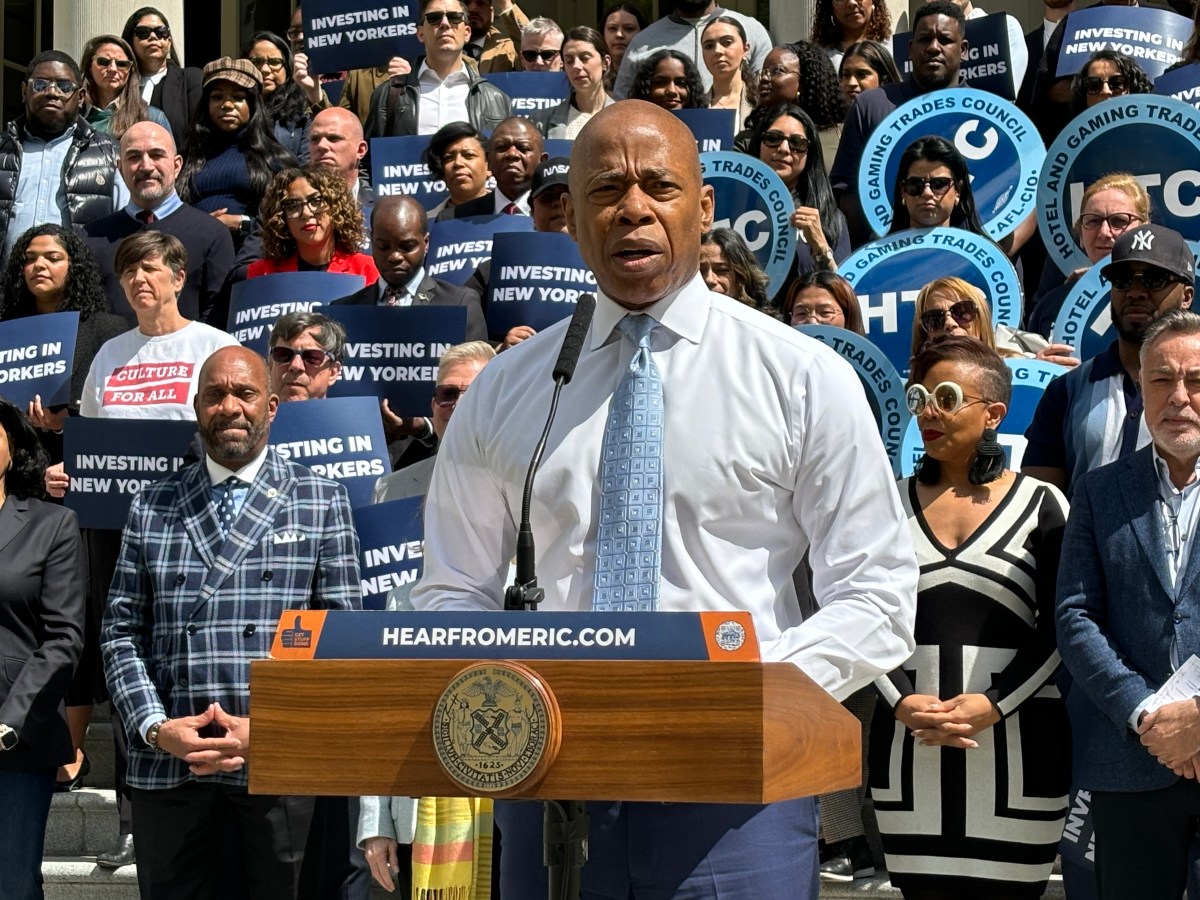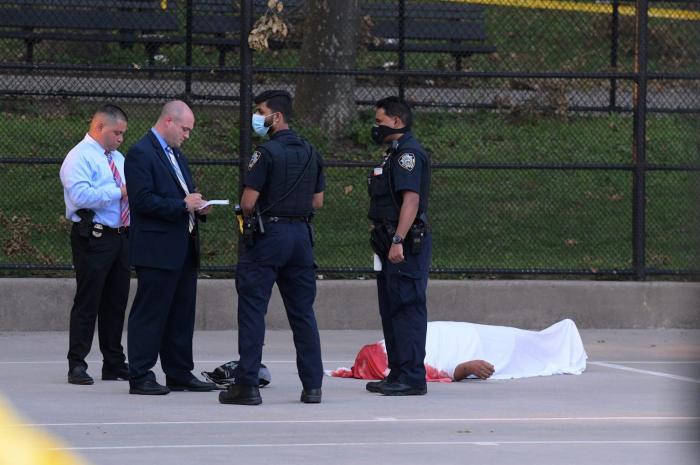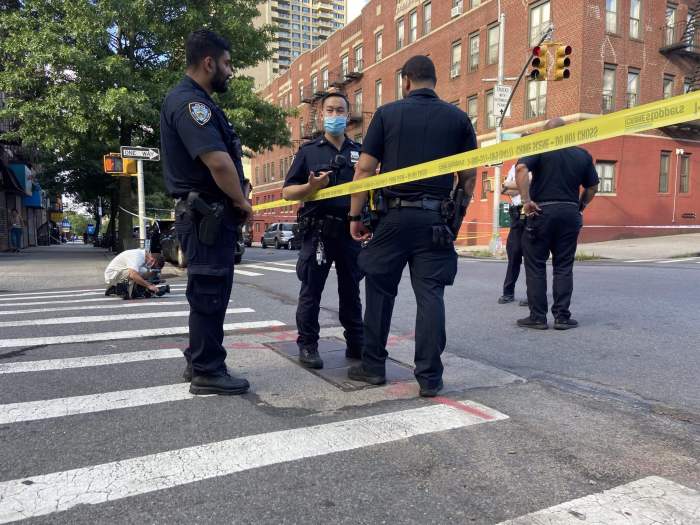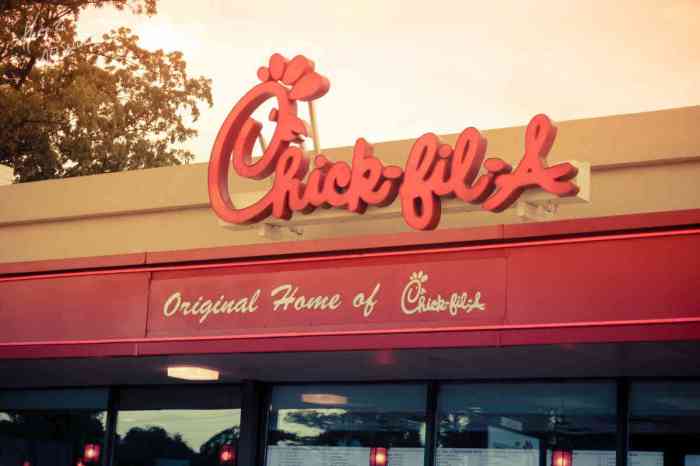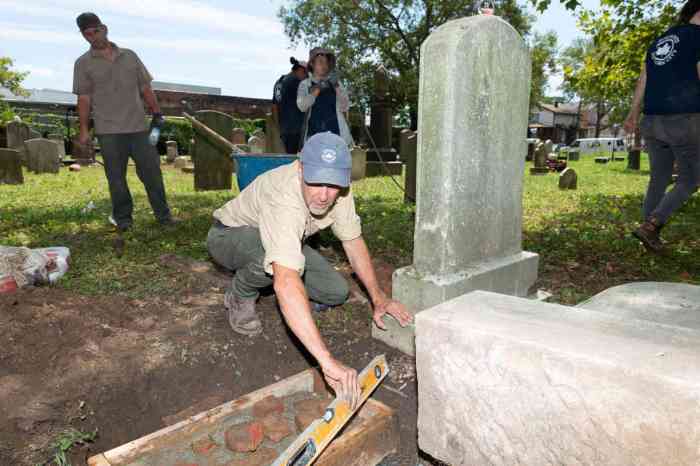Brooklyn Doctor Conrad Fischer is home safe after a humanitarian mission to deliver medical supplies and train volunteers in Ukraine.
After spending six days in the heart of a war zone, hearing air raid sirens go off and witnessing the consequences of ongoing violence, Fischer returned unharmed, but bearing a new perspective on the eastern European conflict.
On the night of Monday, April 4, Fischer took off from the US, temporarily leaving behind his job at Brookdale University Hospital and his family to aid a children’s hospital on the border of Russia and Ukraine. He was trained and fully aware of what his duty was, yet the reality of what he was about to face was one that was hard to prepare for.
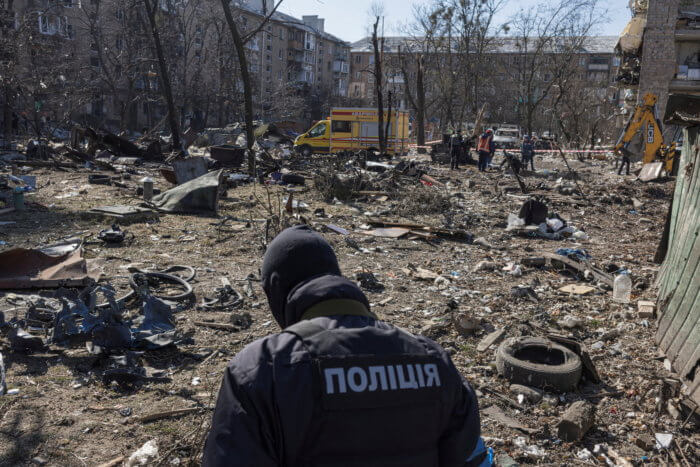
“In the abstract, before you’re there, you hear about centered interests handling the strings and you feel like you can pinpoint where the problem is,” said Fischer. “But once there, you hear about people getting raped a few miles away, people in their homes shot, their bodies withdrawn and machine guns on the street where the whole population is prepared to stop passing tanks. The concept of neutralizing hate is a lot harder to make sense of.”
Fischer, a recognized infectious disease specialist, spoke to Brooklyn Paper before embarking on his mission. He said he felt driven to help aid in the dire situation overseas after witnessing Brooklyn’s own Russian and Ukrainian communities hurting.
Upon arrival, the doctor was welcomed into a similar community hurting in a much different way.
“No person [ever] questioned, ‘What are you going to do here?’” said Fischer. “Their feeling was one of shock. It was always, ‘Oh, wow. Thank you for coming’. I didn’t buy a spoon of food for myself the whole time I was there.”
Among his patients overseas were dozens of orphans, and he said the situation was one of constant danger.
“The air raid siren goes off, everybody stops what they’re doing and they all walk down to the basement to hide,” said Fischer. “And you know that at any minute, [ammunitions] can come crashing down on your head.”
Just last week, Russian airstrikes hit six train stations in central and western Ukraine as the Kremlin focused its attacks upon Ukrainian infrastructure, including electrical and water supply substations. On May 2, the United Nations’ civilian death toll in Ukraine surpassed 3,000.
“What happens is that you become a dissociated from your emotions,” said the Brooklyn doctor. “But you can’t completely because you turn around and the glass on the windows is taped over so that if there’s a bomb, you won’t get cut to death. You hear someone coming and you are ready pull out your tourniquets so if anybody’s arteries are lacerated, you can tourniquet off their limb. That’s the number one cause of death.”
Fischer’s mission was equipped and organized by MedGlobal, an organization led by doctors experienced in emergency health services at crisis zones.
“The whole country is organized from top-down, everybody’s activated,” said Fischer. “There are more volunteers and more people fighting than there are weapons. A lot of people are going to die over there.”
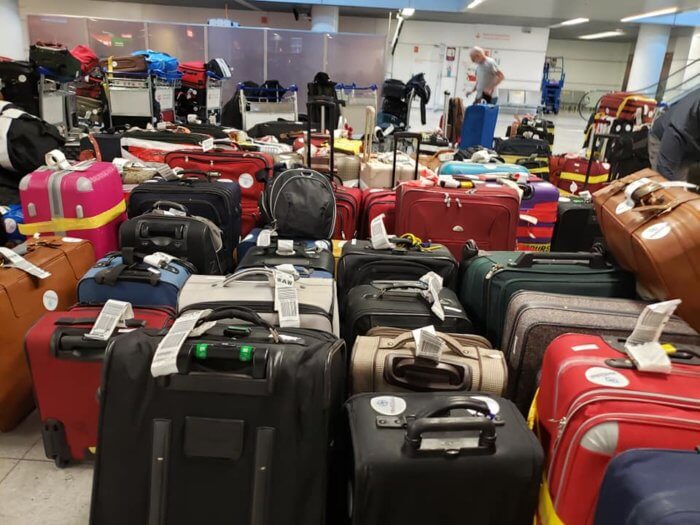
Whether or not the Brooklyn doctor will embark on a second Ukrainian mission is uncertain.
“I’ll only go if I’m certain about the benefit of it,” said Fischer. “I think that visiting people in the hospital makes a difference.”
Many predictions have been made on how the war will end. NATO Deputy Secretary-General Mircea Geoană said officials must prepare for the possibility that the conflict could last months, even years.
Ukrainian President Volodymyr Zelenskyy has said that the likelihood of further peace talks depend on Russian President Vladimir Putin, but Ukraine stands at the ready for substantive talks in an effort to “put an end to the war.”
In the meantime, Fischer speculated, many of Russia’s own soldiers aren’t on the same page.
“I saw many Russians who don’t want to fight,” said Fischer, “but they don’t have a free media and from the message they are getting, I think some of them really believe that the war is making things better.”
According to Khrystyna Maryniak, country director and Ukrainian volunteer at MedGlobal, field missions like the one Fischer participated in have included training on medical care for victims of chemical and biological weapons. Those trainings are led by doctors who currently work in the heart of the Syrian war, so volunteers are prepared if Ukraine is ever attacked with weapons of mass destruction.
Furthermore, Maryniak medical equipment that was shipped to Ukraine from around the world and was estimated to be sufficient for over a year is now estimated to be used up in less than a month.
“Ukrainians only want to protect their families and their loved ones,” she said. “It’s not about fighting, it’s about protecting. We’re fighting not because we hate somebody, but because we can’t give up. Most of my friends are fighting at the war right now or getting prepared to go, getting training, and it’s very sad because these are musicians, artists, lawyers or judges, even executive managers.”
“I’m so grateful to those people who are putting their lives aside to come help us get our back,” Maryniak added.
Fischer is affiliated with seven medical centers in New York, including Bellevue Hospital. He is the associate chief of medicine for educational activities at SUNY Downstate School of Medicine and an award-winning educator who prepares med students for the United States Medical Licensing Examination. He is also a husband and a father of two.
“They are important, but the other children in Ukraine are important, too,” he said on the day of his departure to Ukraine. “Brooklyn is a very multicultural place, and we can’t just care about our own.”


